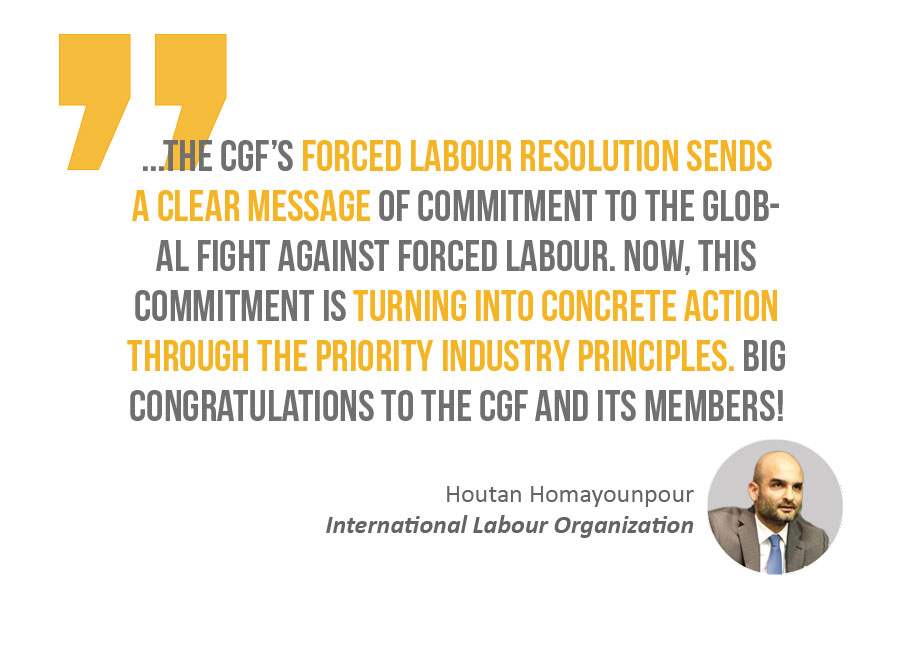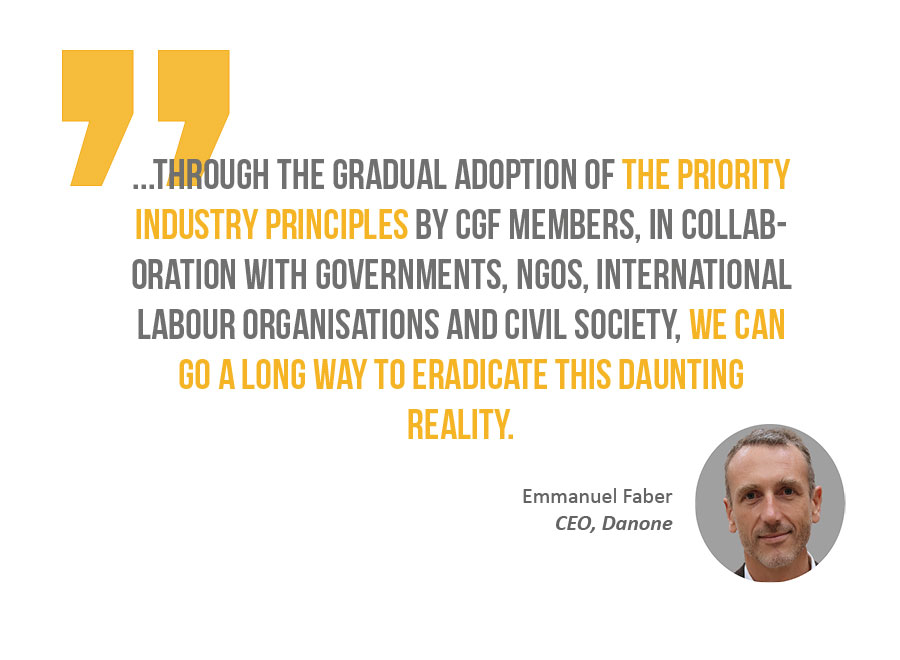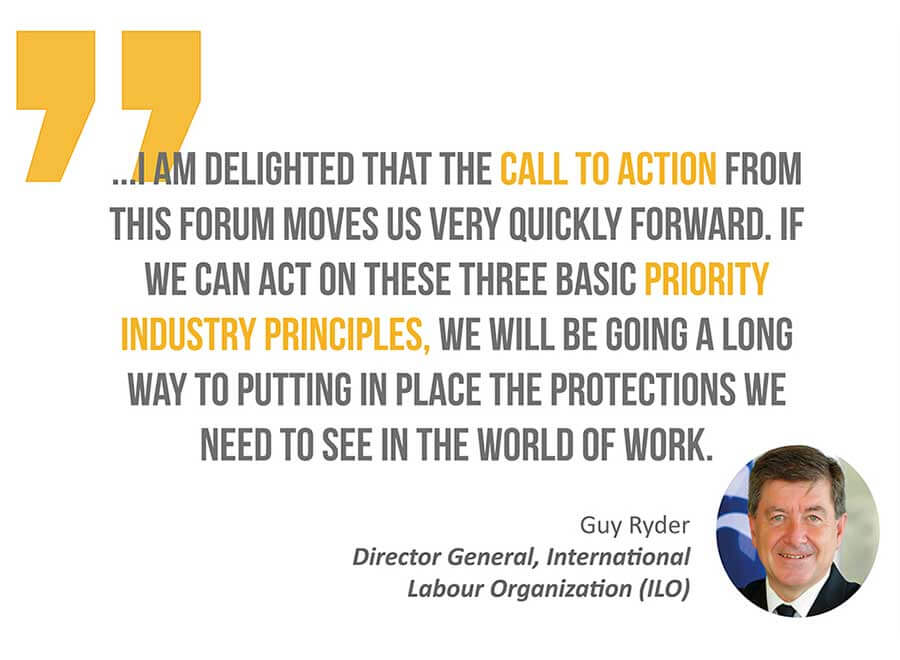Learn more about our work on forced labour by downloading our one-page introduction to our Social Sustainability initiative.
Explore Tags
#Deforestation, #Environment, #Sustainable Retail Summit, #Social Sustainability, #Sustainability, #Sustainability Conference, #Sustainability Event, #Sustainability Summit, #Food Waste, #Forced Labour, #Carrefour, #Walmart, #Packaging, #CGF Board, #International Trade Centre, #Danone, #sustainable retail, #Didier Bergeret, #Human Rights, #Ethical Recruitment, #AIM-PROGRESS, #Sharon Bligh, #Responsible Recruitment, #Responsible Sourcing, #Latin America, #SRS, #About CGF, #Case Study,


